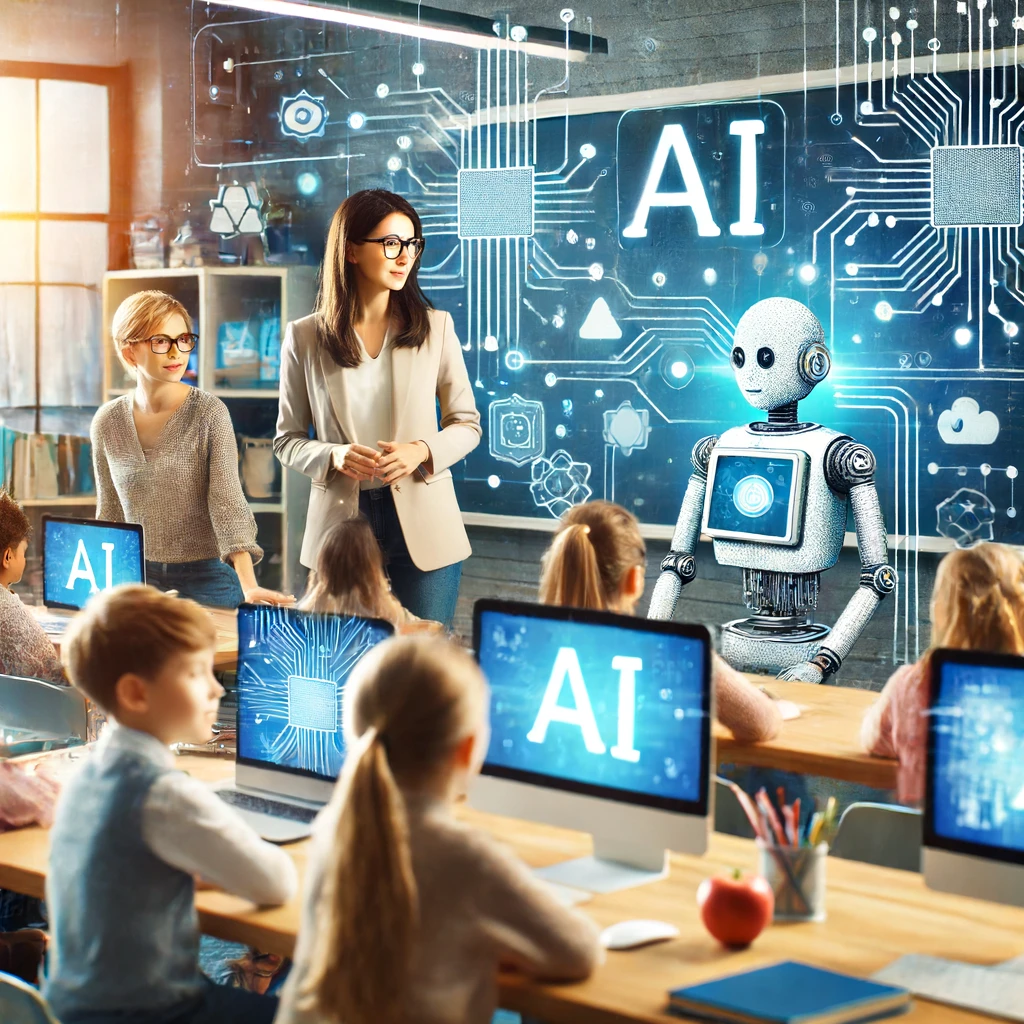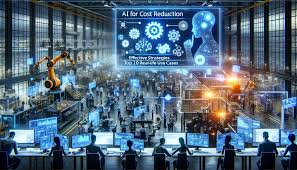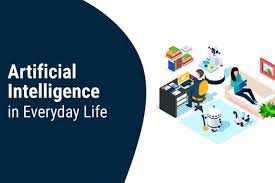
Applications: AI is also transforming education, making it more personalized and accessible. Notable applications include:
- Adaptive Learning Platforms: AI analyzes student progress and adapts learning materials to fit individual needs, improving engagement and learning outcomes.
- Automated Grading Systems: AI-powered systems are now used to grade assignments and exams, saving teachers time and providing immediate feedback to students.
- Virtual Tutors and Assistants: AI can support students with personalized tutoring, answering questions, and providing resources tailored to their learning style.
Benefits:
- Personalized Learning: AI helps educators tailor lessons to meet individual students’ needs, improving engagement and academic performance.
- Time Efficiency: Teachers can automate administrative tasks, giving them more time to focus on teaching and student interaction.
- Scalability: AI-powered learning tools can support a large number of students, making quality education more accessible globally.
Challenges:
- Teacher Training: Educators must be properly trained to integrate AI tools into their classrooms effectively.
- Data Privacy: As AI systems collect and analyze vast amounts of student data, protecting that information is a top priority.
- Inequality in Access: Not all students or schools have equal access to the technology required to benefit from AI-based educational tools.

